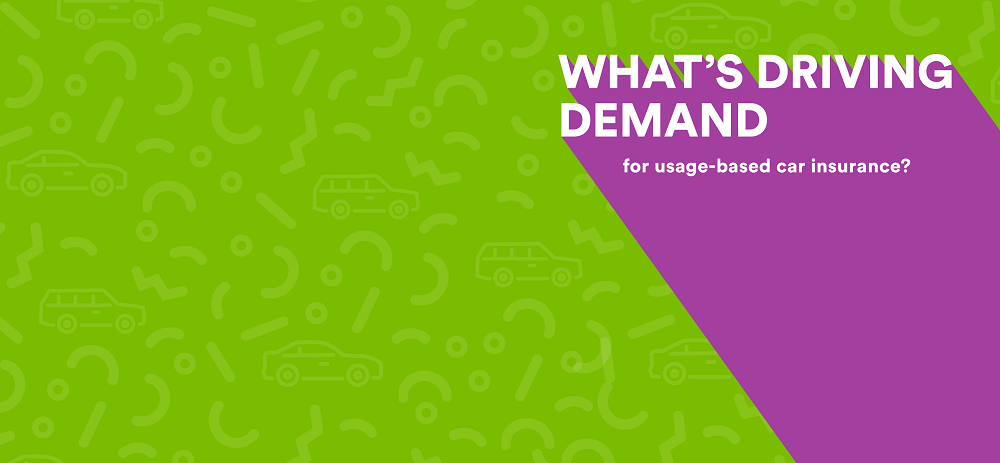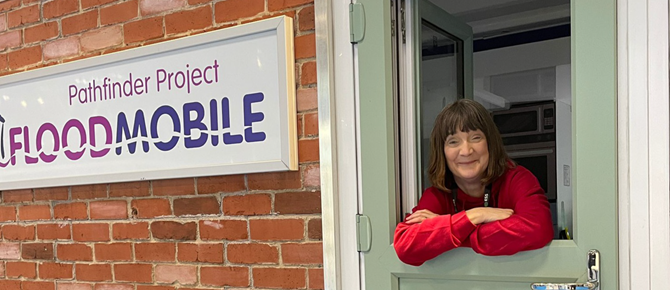Blog by Adam Clarke | Chief Underwriting Officer and Executive Champion for ESG at Ageas Insurance.
Climate change and the global pandemic have driven a huge shift in vehicle usage over the last two years.
Lockdowns left motorways deserted and cars sat on driveways up and down the country, while increased focus on the climate emergency has made us all think twice about the journeys we take.
Personally, I don’t think we’ll ever go back to the way we were, even as we start to move to a post-pandemic ‘new normal’.
Hybrid working is now the norm in many cases, reducing the number of vehicles on the road and watering down the traditional rush hour.
And while the shift to electric vehicles may make each car journey less damaging, I believe that thinking twice about our car use for environmental reasons is starting to become an ingrained thought process.
All of this is driving consumer demand for usage-based insurance and we’re seeing this first-hand at Ageas, as one of the UK’s biggest car insurers.
Increase in UBI insurance will continue to be led by the customer
For me, the key factor that will continue to drive the momentum of usage-based insurance is the evolution of consumer habits and there are some distinct strands within that.
I touched earlier on the changing face of vehicle use and increased environmental awareness but the notable uptick in people embracing the usage based and subscription model across the board is also a driver.
Netflix, Amazon Prime and even subscriptions to bottles of gin have become the norm as people enjoy the flexibility that subscription services offer.
At a time when the cost of living is rising sharply, I think we’ll see even greater demand from drivers for usage-based car insurance and to me, it’s an opportunity for insurers to offer customers products that suit their lifestyles.
If insurers can offer products where drivers can pay for the miles they drive or for the time they’re hiring a vehicle, that’s supporting customers and giving value.
The opportunities to surprise and delight are endless
I believe part of the reason for Ageas UK’s enduring success is our genuine passion for looking to the future and I’m excited when I think of the opportunities that usage-based insurance data could bring.
Historically, we knew where policyholders lived but not where they drove. And we knew roughly how many miles they travelled but not what each journey looked like.
Now, the data supplied by telematics policies, be that through a black box or a mobile phone app, opens up a whole world of ways to make life easier for our customers.
Imagine your insurer being able to send you personalised offers like parking solutions near where you’re headed. Or getting a voucher for a free coffee at your favourite motorway services. The opportunities to surprise and delight are endless.
Data is king
Data is key and insurers who have the best data will inevitably be able to price more accurately. In America in the last couple of years more and more insurers are adding distraction as a rating factor into their policies.
But data is important to customers too.
If you have an energy smart meter and you’re anything like me, you’ll be familiar with the shock of seeing the dial go through the roof when you turn the tumble dryer on and subsequently scrabbling round the house turning off every light in a feverish act of environmental penance.
But on a serious note, there’s something about real time data that resonates with all of us and nudges behavioural change.
As technology evolves and dashboards for usage-based car insurance become more user-friendly, I’m hopeful it’ll make us all think more about the journeys we take and the impact that has on the planet. If usage-based insurance can help us do something better for the environment, that’s a win in my eyes.
Looking to the future I think there’s more to come from usage-based insurance. It’ll continue to evolve and change as the world around it does too. As long as usage-based insurance is accessible and affordable it’ll clearly be an important area of travel for the insurance industry.
 What's next for Personal Lines insurance?
What's next for Personal Lines insurance?



